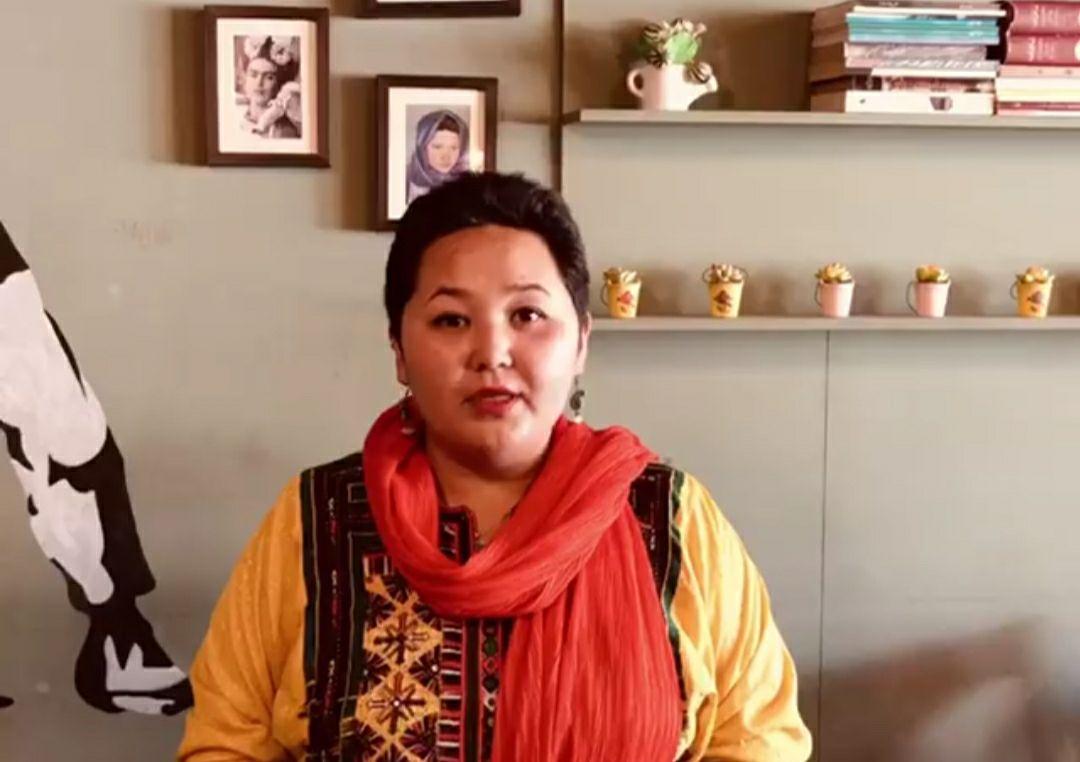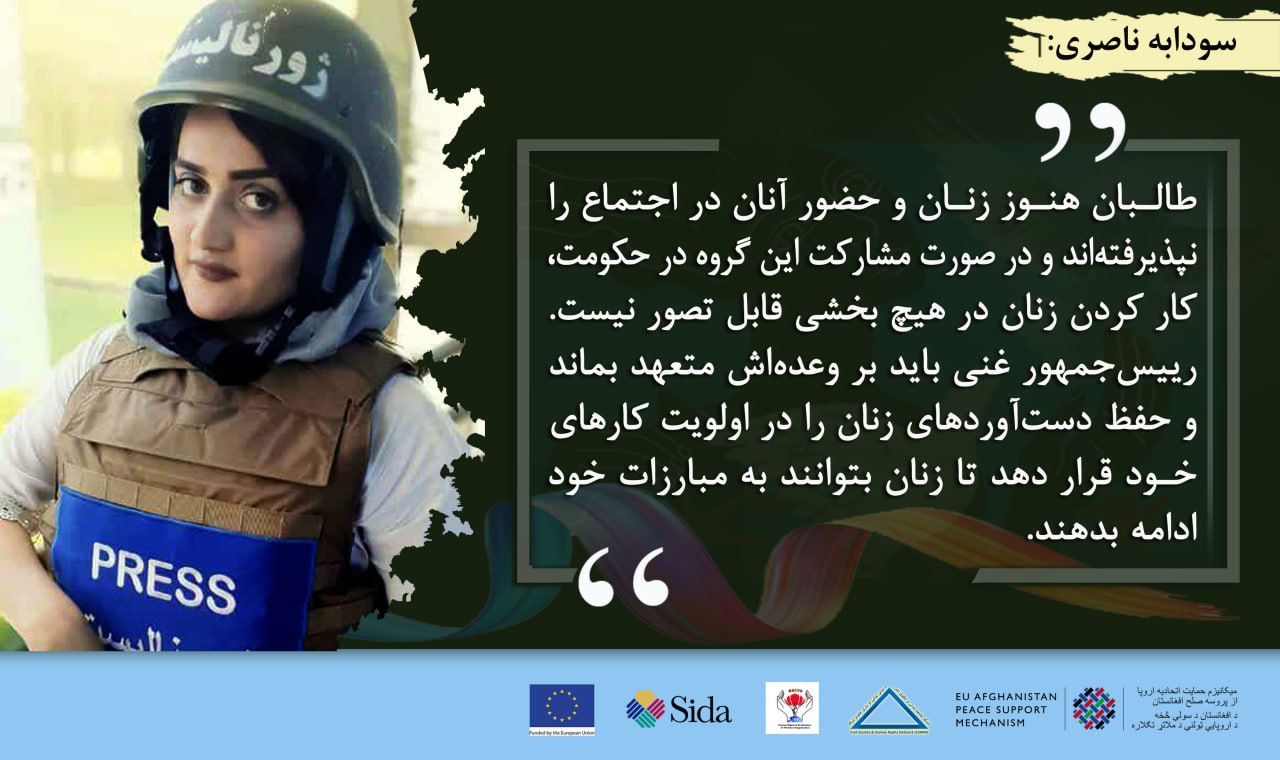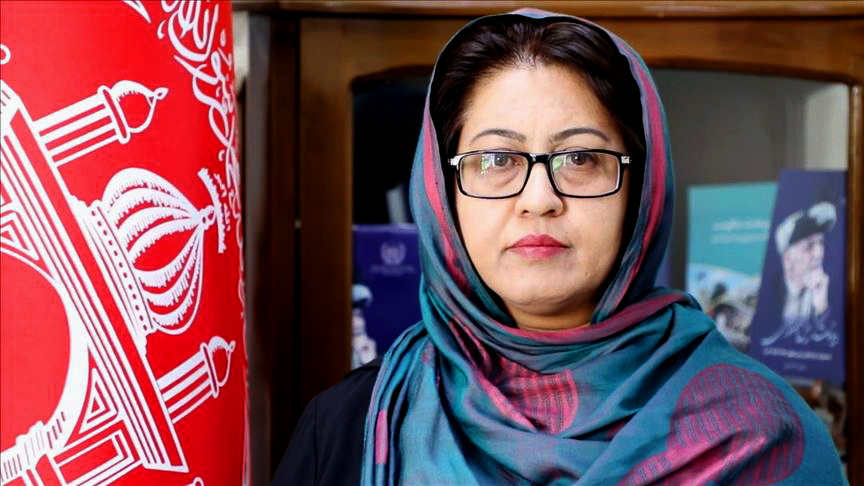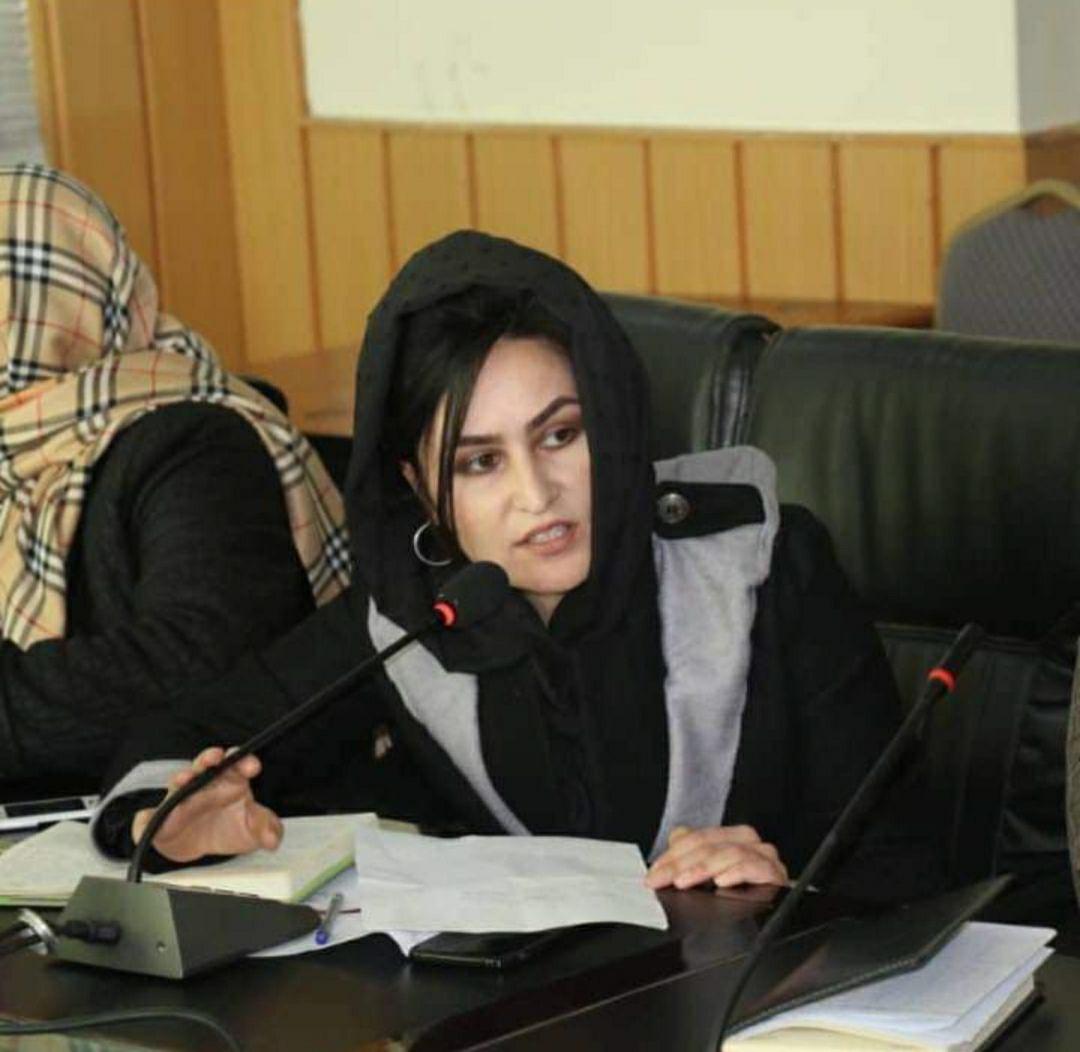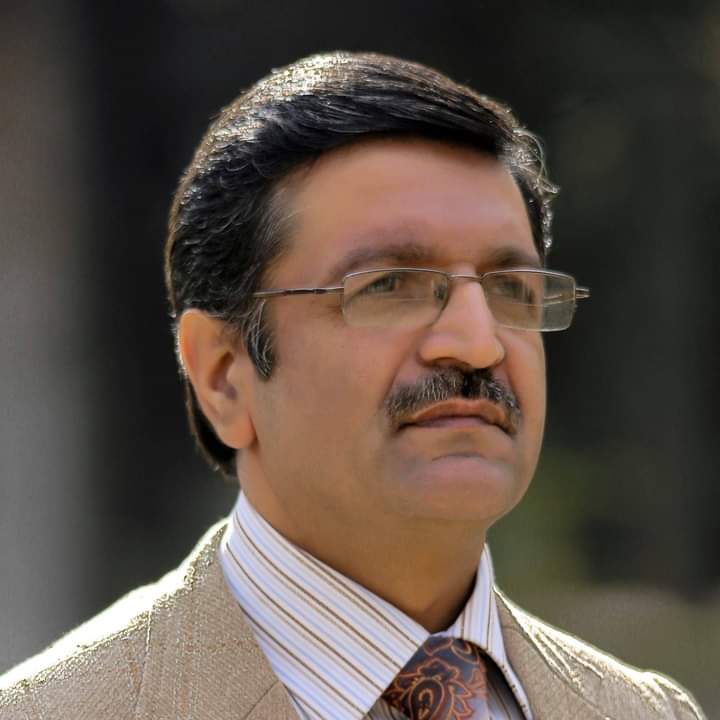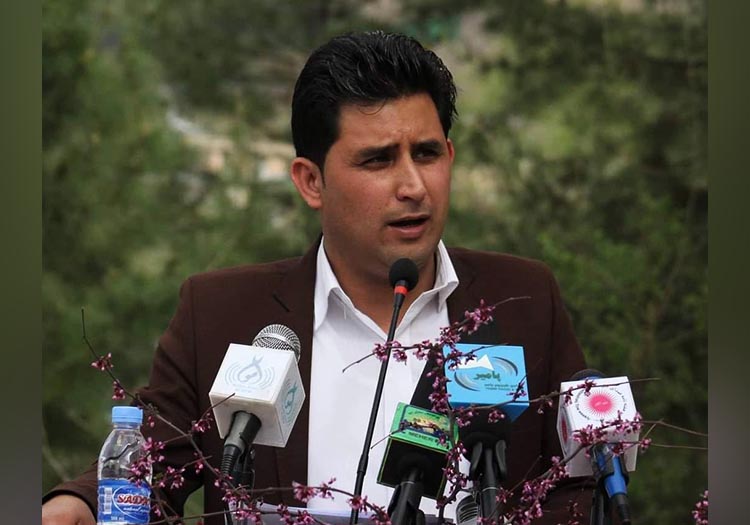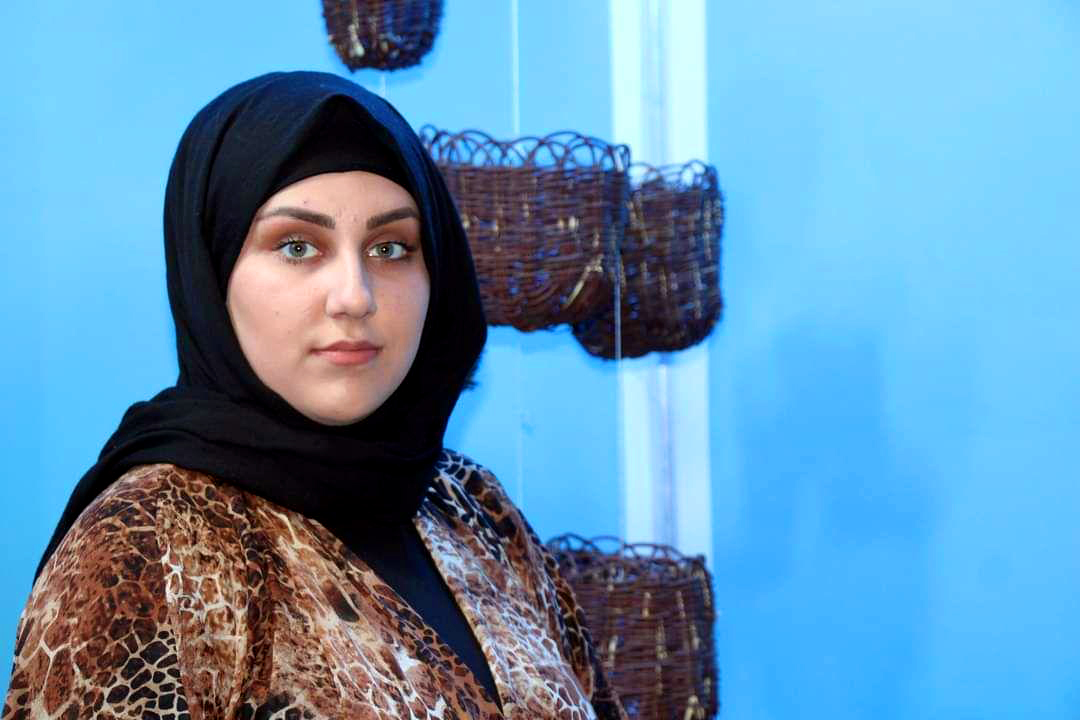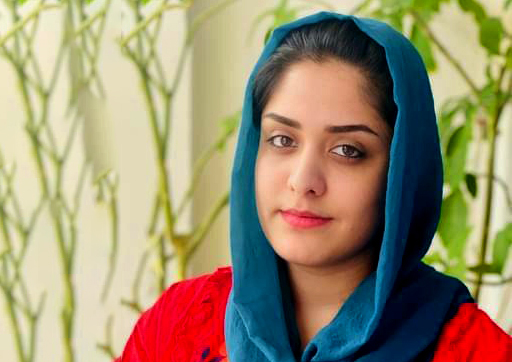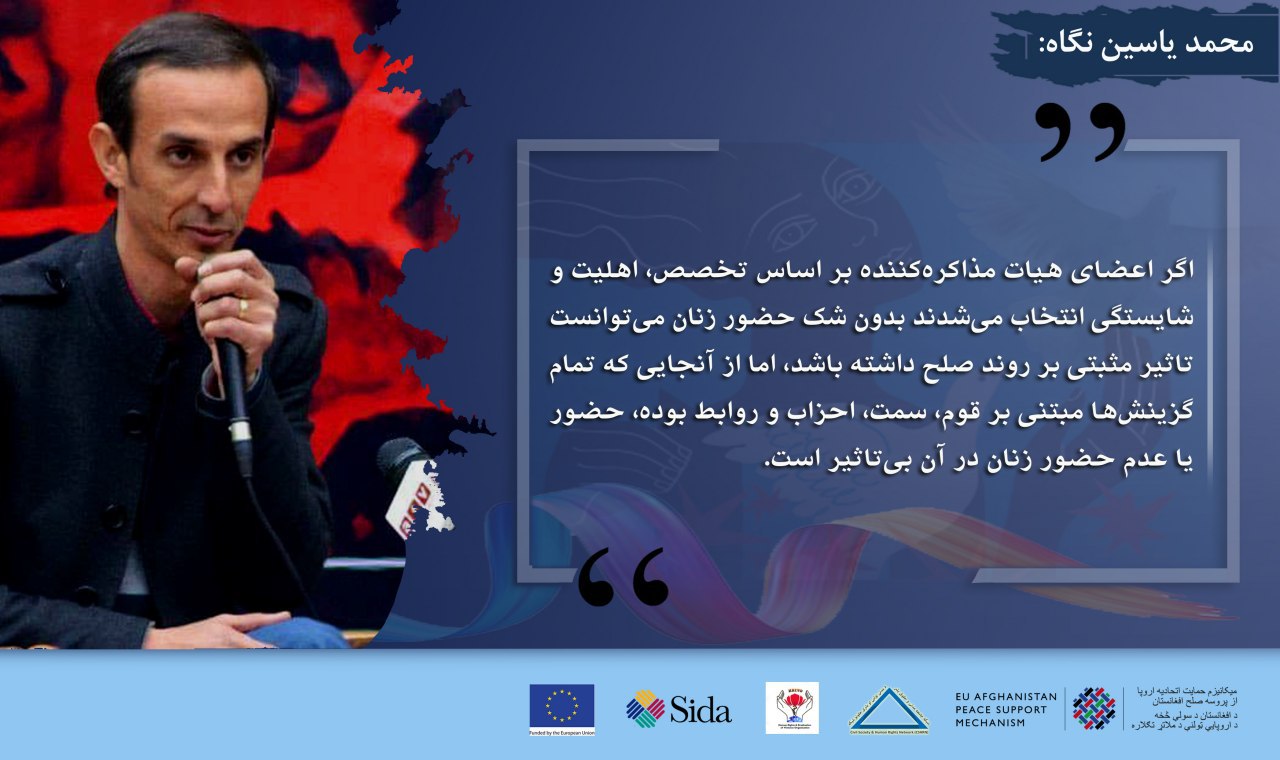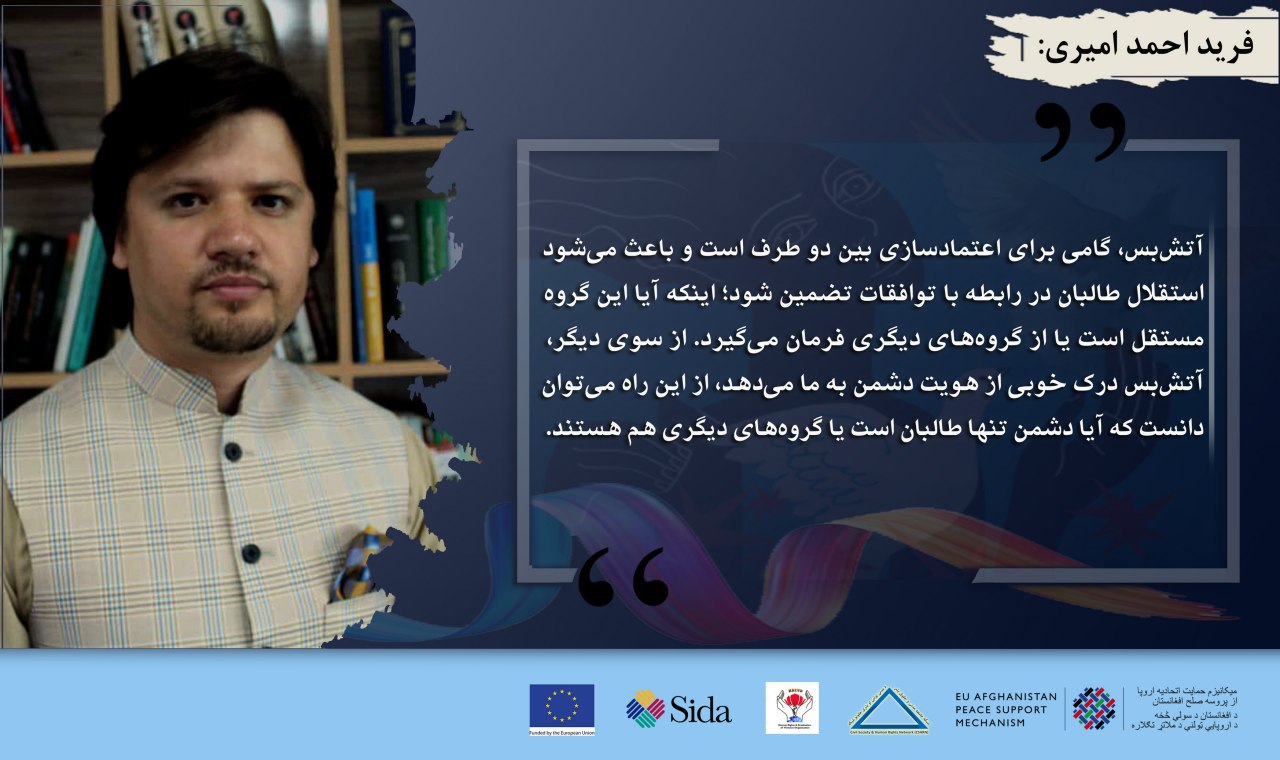Women’s Stories of Fear and Hope about The Consequences of Peace Talks; “The first feeling that comes to me is fear”
According to Ms. Rezaei, in 2017, when Afghanistan was experiencing better days than the past, she decided to fulfill her long-held dream of having an independent job. She ceased the opportunity to build a coffee shop. Despite the fact that there existed the fear of societal reactions and security issues, the desire to achieve a lasting dream gave her the courage to overcome fear and continue her work. Ms. Rezaei said that although she has prevailed over anxiety and apprehension, there exists many restrictions including customs of the society, and security. For instance, due to security issues, we have to close the coffee shop early every day, and we cannot hold cultural and music programs. She spoke of the irritating atmosphere where its residence distrust women and their abilities. "When I was searching for a place for the coffee shop, most of the landlords, as soon as they found out that I was the owner of the business, did not sign an agreement” said Ms. Rezaei, “However, there are those who are happy seeing women’s work and success.” Regardless of all the challenges that she faces, the coffee shop is well-received and people of different backgrounds including students, employees, and artists enjoy the atmosphere. Meeting people of different groups is a unique experience for her. Ms. Rezaei says that so far she has not considered closing the coffeehouse under any circumstances, including the global phenomena of Coronavirus; because in addition to loving it, she does not want the management abilities of women to be questioned. The start of a peace negotiation with the Taliban has caused major concerns for women, and has increased the fear that their achievements and years of sacrifices might be ignored. Ms. Rezaei has not ceased working under any circumstances but, the peace talk…
